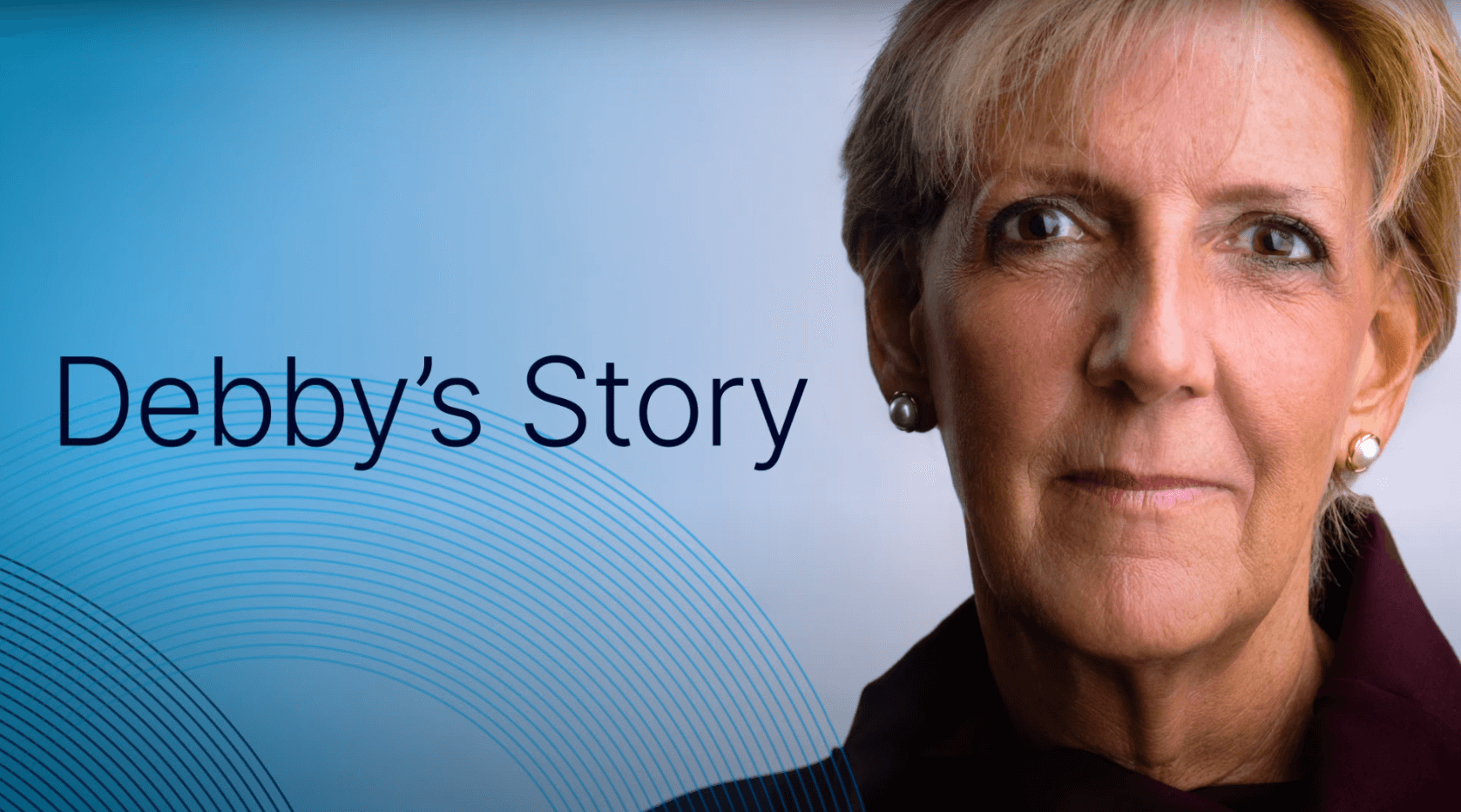Lou and I had celebrated 26 years of a blissful marriage. Both U.S. Air Force Veterans, I worked at a bank while Lou managed his own business. Our family comprised a teenager at home, one in college, and two older boys serving as military pilots. The prospect of becoming empty nesters was just starting to unfold when tragedy struck, and Lou passed away unexpectedly, thrusting me into an unwanted widowhood overnight. I grappled with anger, directing it at Lou, the world, and the unforeseen turn of events.
None of this had been part of our carefully laid-out plans. I endeavored to conceal my pain, waking up each morning with a forced smile, immersing myself in taking over Lou’s business. Nightfall became my only refuge to let tears flow in solitude.
Concerned friends suggested venturing into online dating to alleviate my loneliness. Eventually, I created a dating account, seeking companionship. It wasn’t long before Eric, a British businessman and fellow widower with a kind smile, caught my attention. Our conversations flowed effortlessly, providing solace during a difficult time. The virtual exchanges became a source of joy, reminiscent of youthful infatuation.
As we delved into personal stories, trust in Eric grew, bringing a sense of security. Minor inconsistencies in his narratives were easily overlooked, especially as our connection deepened. Within weeks, Eric made his first request for money – a seemingly trivial $50 that I willingly provided, unaware it was a prelude to a string of future demands.
The financial appeals escalated gradually, with amounts soaring over time. I found myself a regular visitor to Western Union and my banks, sending thousands of dollars to places like Malaysia, England, and India – $2,500
here, $10,000 there. Depleting savings, tapping into retirement accounts, selling jewelry, and borrowing from parents became routine as the months passed.
Despite meticulous record-keeping, the cumulative financial toll remained hidden from me. In two years, I had transferred over $1 million, all unrecovered.
At the time, Eric’s urgent and seemingly logical stories resonated deeply. The deception extended to my accountant, banker, and family, reinforcing the illusion of authenticity.
However, the truth surfaced in September 2012 when Eric unexpectedly broached the topic of forgiveness. In a shocking revelation, he confessed that our entire relationship had been a scam. A video call exposed a young Nigerian man, bearing no resemblance to the British widower I believed Eric to be.
The revelation hit me like a brick wall. As “Eric” sought sympathy to salvage the relationship, I grappled with overwhelming emotions of anger and shame. Questions swirled in my mind – could I expose him, retrieve my money?
Closing the chat, I contacted the FBI armed with 4,000 pages of journal entries and financial records. While law enforcement confirmed the fraud, the money was irretrievable, and prosecuting the international culprits seemed unlikely.
The loss of finances was undeniably devastating, but the greater toll was on my heart and trust.
